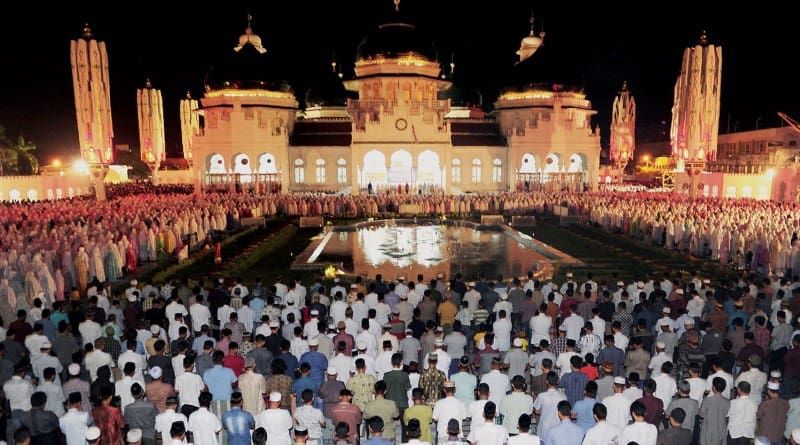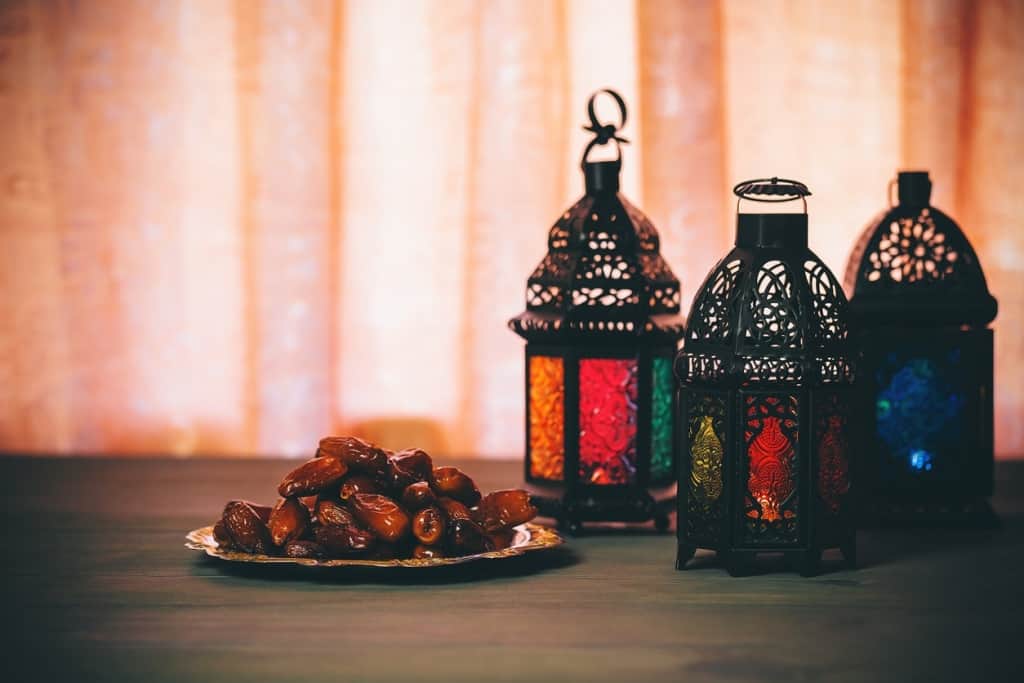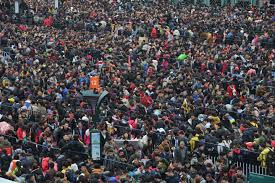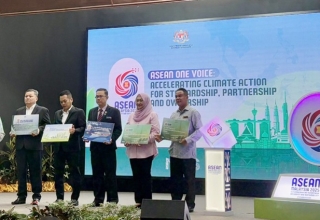
Last updated on May 7th, 2021 at 09:08 am
Fasting
As a part of yearly rituals, Muslims around the world fast during the holy month of Ramadhan. In Indonesia, a country with the world’s largest Muslim population, fast for around 14 hours a day for one whole month.
Fasting is believed to be beneficial for the immune system, but during the COVID-19 outbreak, observing a fast can be a challenge if they are not able to fulfill nutrition properly.
“A number of studies say fasting can increase immunity. There are no studies that state fasting increases the risk of COVID-19 infection,” said Universitas Gadjah Mada nutritionist R. Dwi Budiningsari, SP., M. Kes., Ph.D.

If properly done, fasting can repair damaged cell tissues and stimulate production of new white blood cells, helping regenerate the entire immune system, she said.
A regenerated immune system can strengthen the body and help ward off infections and diseases, and it is greatly influenced by the quality and quantity of nutritional intake.
“A number of studies say fasting can increase immunity. There are no studies that state fasting increases the risk of COVID-19 infection,” said Universitas Gadjah Mada nutritionist R. Dwi Budiningsari, SP., M. Kes., Ph.D.
Furthermore, she adding, people who are malnourished are very vulnerable to COVID-19 infection. Hence, people who are well nourished, and whose food intake meets their energy needs, have a good potential for fighting off the virus.
Fasting also helps detoxify the body by flushing out various poisons stored in the body, including addictive substances in food, such as preservatives and food coloring.
Zakat
This year, the holy month of Ramadhan during Covid-19 pandemic, the countries, also including Indonesia, silence shrouds most mosques and other places of worship. For the past month, the Indonesia authorities have imposed large-scale social restrictions (PSBB) in some provinces, including the country’s capital, Jakarta.
Therefore, most mosques during Ramadan bear an empty look as people refrain from praying in congregations to avoid the risk of COVID-19 infection.

However, during pandemic, not all traditions have changed, including the customary practice of paying zakat, or charity. In wake of the coronavirus outbreak, Muslims choosing to give their donations directly to beneficiaries or at zakat collection offices have to observe physical distancing of at least 1.5 meters to two meters.
In the circular letter, published on April 6, 2020, Religious Affairs Minister Fahrul Razi urged zakat collectors to reduce physical contact, close zakat collection counters in public places, and utilize more cashless payment methods through digital platforms and bank transfers.
The minister also asked zakat collectors at mosques to practice personal hygiene, keep physical distance, and provide hand sanitizers and other sanitization facilities to Muslims who decide to pay zakat in cash.
Another guidance includes restrictions on shaking hands, although it is customary for most Muslims to grip the zakat collector’s hand after performing their duty.
The minister’s guidance on performing prayers during Ramadhan has been endorsed by the World Health Organization in its advisory note for Muslims in Indonesia published this week.
Then, following the minister’s order and WHO’s guidance, the National Alms Agency (BAZNAS) has asked people to start using the office’s digital platform and other cashless options to pay zakat before the end of Ramadhan.
BAZNAS, he explained, offers a wide range of zakat payment options, which include bank transfers, electronic money transfers provided by several partners such as Go-Pay, OVO, Dana, Link Aja, Jenius Pay, and Internet-based digital payments via PayPal.
Besides campaigning for BAZNAS’ digital payment services, Purwakananta said, the office will continue to accept zakat payment in cash.
He assured, with 90 percent of the agency’s staff working in the field for zakat distribution and collection, the office would avoid distributing donations in a way that prompted people to form long lines.
Mudik
Meanwhile, for the practice of homecoming, locally known as ‘mudik’, which is the festivity in the month of Ramadan, when Muslims carry out fasting, and the Eid holiday that comes after, has to meet different experience this year due to Covid-19 pandemic.
The governments across the globe, including Indonesia, urging the public to maintain social distancing to stem the spread of the virus.

Governments in some provinces of Indonesia have enforced PSBB to reduce mobilization of people in their area, including a policy that restricting inter-city and inter-province travel to prevent people from going to their hometowns.
























[…] Japan, South Korea and Australia because the homecoming or ‘mudik’ ban during Ramadan and Eidul Fitr does not apply on international […]
[…] verified 40 new covid-19 cases after thorough testing. The cases include those recently returned for Ramadan from neighbouring countries. Provincial health department chief Songkran Maichum said on Sunday […]